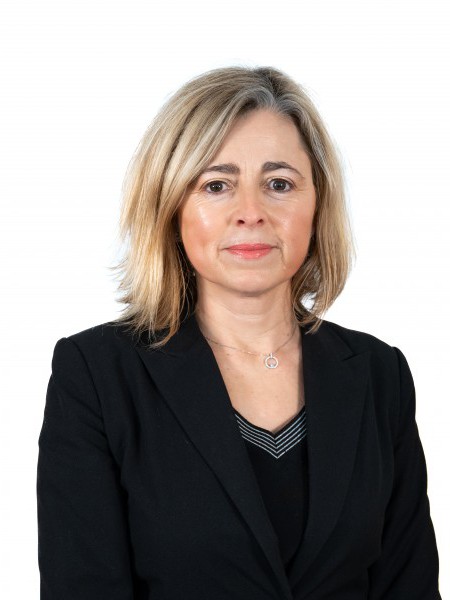abstract
The isomerization of D-glucose (Glu) to D-fructose (Fru) is a key step in the selective conversion of carbohydrate biomass to renewable products and has long been of great importance in the food and beverage industry. Expansion of the Fru market (food, non-food) poses various challenges to enhance productivity, where energy efficiency and use of cheap, robust synthetic catalysts may play important roles. Here, Glu isomerization, using water as the sole solvent, was studied using (i) micro/mesoporous catalysts of different compositions prepared from commercial zeolite Beta, and (ii) different energy supply methods, namely conventional conductive heating, microwave irradiation and ultrasound waves, at 75 degrees C. The type of energy supply method influenced the initial turnover frequency. Besides catalytic activity, the stability is important, which depended on the catalytic material properties (e.g., composition, textural properties), type of energy supply method and reaction temperature. Favourable results were verified for Glu isomerization using a hierarchical potassium/magnesiumcontaining Beta catalyst and ultrasound waves, at 75 degrees C.
keywords
CARBON-DIOXIDE; ZEOLITE-BETA; LIGNOCELLULOSIC BIOMASS; ALKALINE-DEGRADATION; ALPHA-PINENE; SI/AL RATIO; SN-BEA; ACID; ADSORPTION; PERFORMANCE
subject category
Chemistry, Applied; Chemistry, Physical; Engineering, Chemical
authors
Antunes, MM; Falcao, D; Fernandes, A; Ribeiro, F; Pillinger, M; Rocha, J; Valente, AA
our authors
Projects
CICECO - Aveiro Institute of Materials (UIDB/50011/2020)
acknowledgements
This work was developed within the scope of the project CICECOAveiro Institute of Materials, UIDB/50011/2020 & UIDP/50011/2020, financed by national funds through the Portuguese Foundation for Science and Technology/MCTES. The positions held by M. M. A. and A.F. were funded by national funds (OE), through FCT, I.P., in the scope of the framework contract foreseen in the numbers 4, 5 and 6 of article 23 of the Decree-Law 57/2016 of 29 August, changed by Law 57/2017 of 19 July. The NMR spectrometers are part of the National NMR Network (PTNMR) and are partially supported by Infrastructure Project No 022161 (co-financed by FEDER through COMPETE 2020, POCI and PORL and FCT through PIDDAC).





